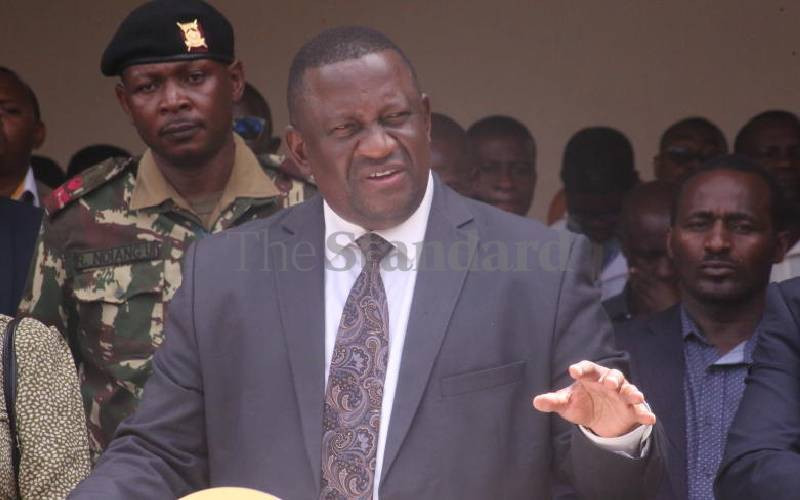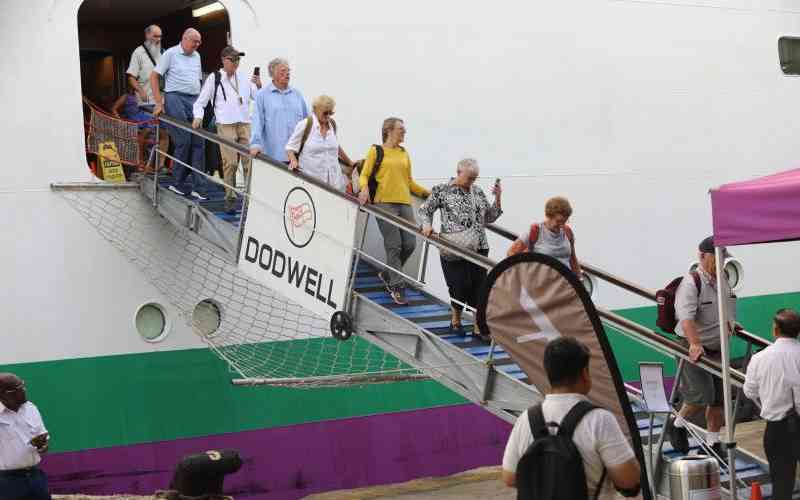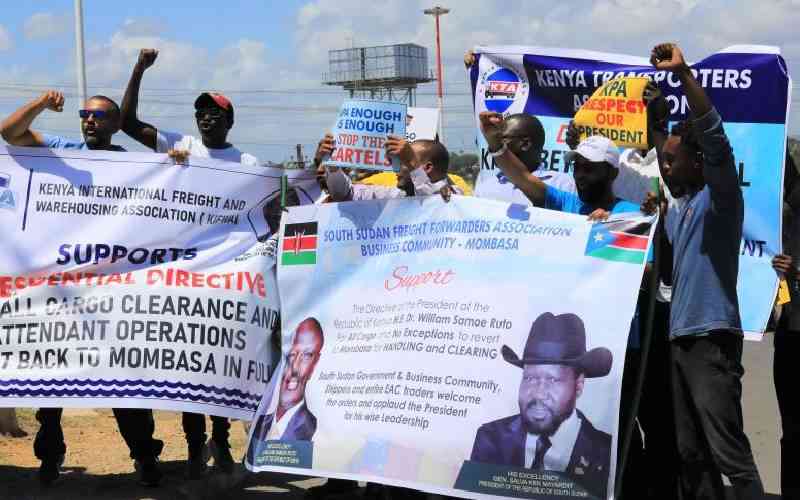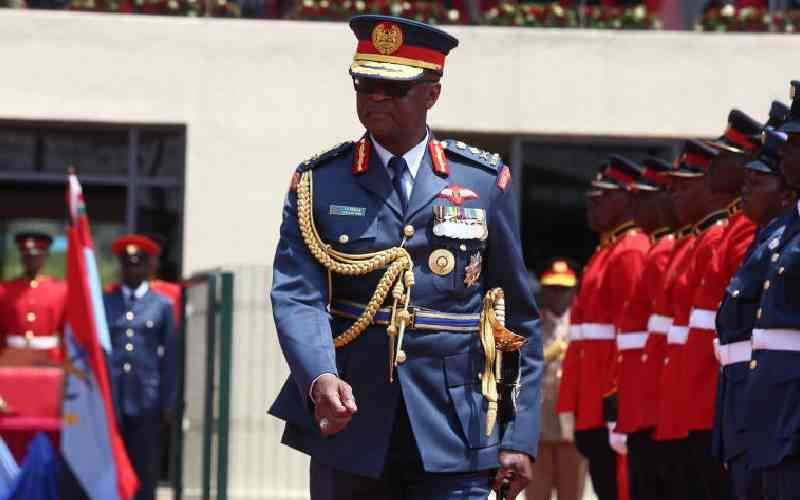By Standard Team
Sunday night’s terrorist attack that claimed three lives in Mombasa re-awakened the country to the brutal fact that terrorist groups are on the prowl and they can strike anywhere, anytime.
It rekindled memories of the 1998 bomb attack against the US Embassy in Nairobi and November 2002’s detonation of another terror bomb against Israeli-owned Paradise Hotel, Kikambala. In both attacks, just like the recent ones witnessed in Mombasa, Nairobi and Northern Kenya, foreigners and Kenyans alike lost their lives.
Stung by a brazen terrorist attack on a club that killed the three people, officials have heightened security alertness in Mombasa and other parts of Coast Province.
The attack came a few hours after Internal Security Permanent Secretary Francis Kimemia dismissed a warning by the US Government to its citizens of an imminent terror attack in the coastal town, calling it economic sabotage and misuse of intelligence Kenya shared with America.
Series of attacks that have hit Kenya’s tourism paradise in recent weeks have come as a major concern to the country because of the fact that this industry is not only Kenya’s lifeline, but also the most vulnerable to all forms of violence.
In another development, tourists who had booked into most establishments in Masai Mara Game Reserve cancelled their bookings due to the new travel advisory issued by the US Government to its embassy staff and citizens to pull out of Mombasa.
What was more shocking to Kenyan authorities is that the latest attack in Mombasa appears to have been fired using a projectile launcher. This is scary as it shows the terror agents could have become more sophisticated by moving away from improvised explosive devices.
Anti-terror experts in Mombasa who asked not to be named admitted that although the death toll in Sunday’s attack was low, the attackers had displayed growing sophistication and courage because of emerging evidence that one or two of the missiles could have been launched from a high-powered rifle or shoulder-held launcher from a distance.
The experts also suggested that the terrorists chose a remote out-door bar because this kind of places are less protected.
Isolated incident
As top police officials gathered to survey the carnage outside the Jericho Beer Garden in Mombasa, locals jeered, accusing them of concentrating on petty crime and ignoring US intelligence warnings.
“You should concentrate on serious crime,” jeered a local resident who accused police of harassing them the night before.
Coast police chief Aggrey Adoli disappointed the onlookers when he described the carnage as “an isolated incident” that “can be experienced all over the world”.
The crowd was evidently dismayed by the fact the attack occurred a few hours after two top Kenyan officials accused the US of lying and sabotaging the Kenyan economy by issuing a terrorist alert on Mombasa.
Adoli declared before journalists that, “we cannot relate this event to the (US) advisory,” then argued that: “This is a local bar and right now we cannot say it is a terrorist attack linked to major groups because Mishomoroni (where the attack took place) has its own homegrown criminal group.”
As the top police officials tried to calm the villagers, an old man identified only as Yusuf declared terrorists live among local people and were being used by the extremist Al Shabaab cell of Somalia to retaliate against Kenya’s military intervention in their country.
Stay informed. Subscribe to our newsletter
“You are fighting Al Shabaab in Somalia where the head is but the tail is here. These people live among us. You will regret,” cautioned the old man.
As detectives from the Anti-Terror Police Unit, General Service Unit and regular forces swung into action with sniffer dogs, the entire Mombasa city was placed under a security cordon as bars, restaurants and streets were cleared of people. Most of the people who kept off businesses feared police operations and possibility of another attack.
The scene of the blast resembled a war zone with broken glass strewn within a 50-metre radius. The attackers targeted those drinking and watching a football match.
 The Standard Group Plc is a
multi-media organization with investments in media platforms spanning newspaper
print operations, television, radio broadcasting, digital and online services. The
Standard Group is recognized as a leading multi-media house in Kenya with a key
influence in matters of national and international interest.
The Standard Group Plc is a
multi-media organization with investments in media platforms spanning newspaper
print operations, television, radio broadcasting, digital and online services. The
Standard Group is recognized as a leading multi-media house in Kenya with a key
influence in matters of national and international interest.
 The Standard Group Plc is a
multi-media organization with investments in media platforms spanning newspaper
print operations, television, radio broadcasting, digital and online services. The
Standard Group is recognized as a leading multi-media house in Kenya with a key
influence in matters of national and international interest.
The Standard Group Plc is a
multi-media organization with investments in media platforms spanning newspaper
print operations, television, radio broadcasting, digital and online services. The
Standard Group is recognized as a leading multi-media house in Kenya with a key
influence in matters of national and international interest.








